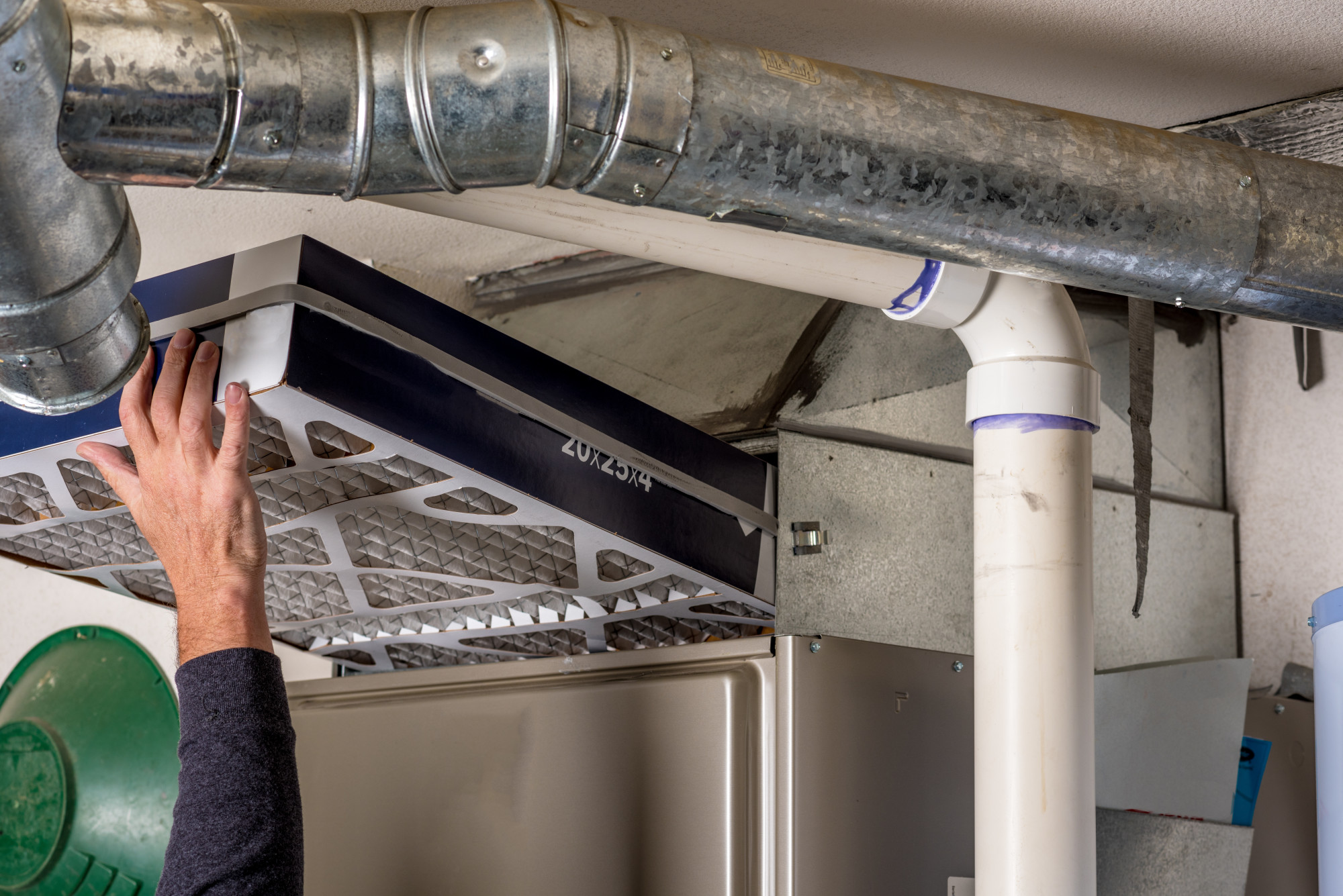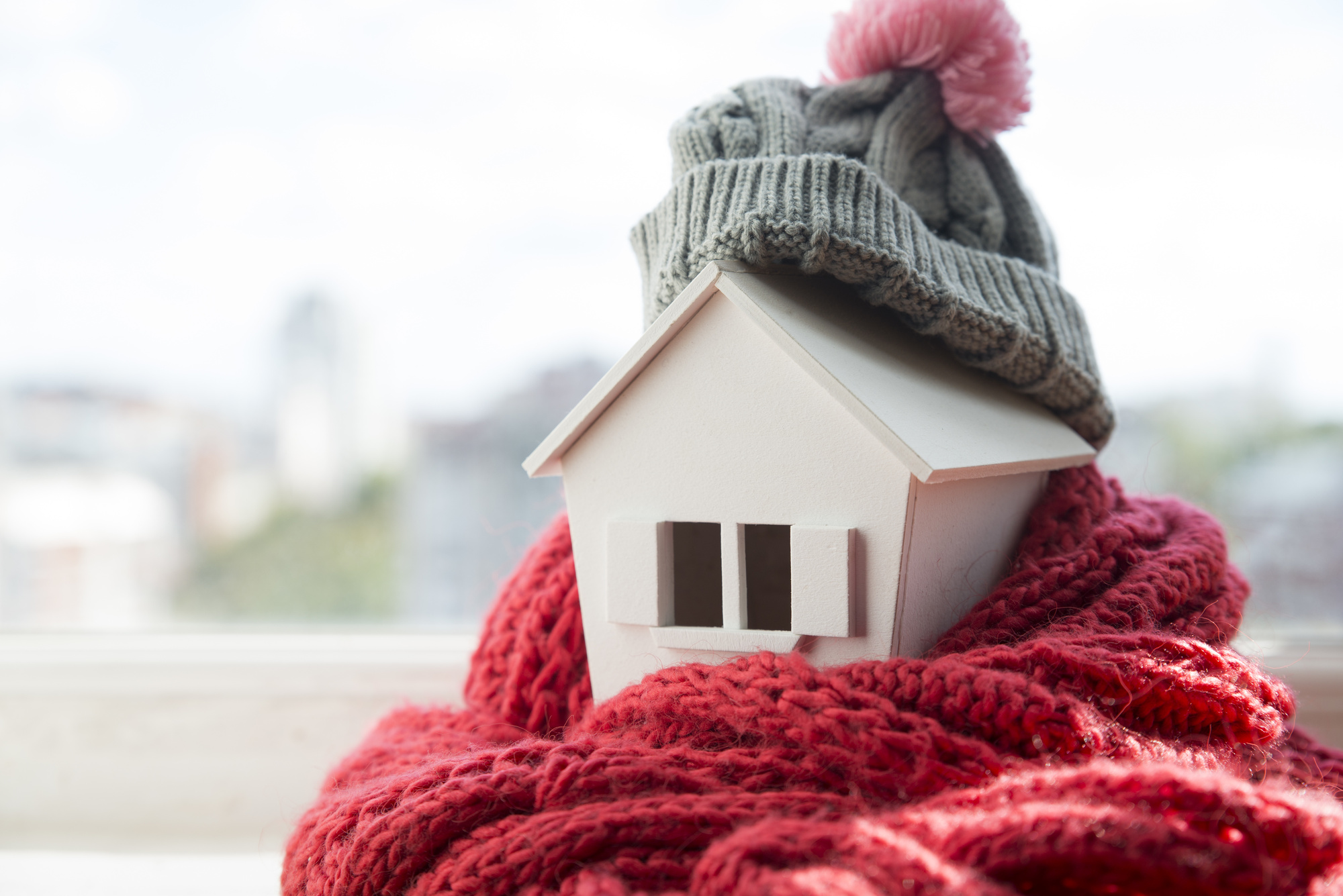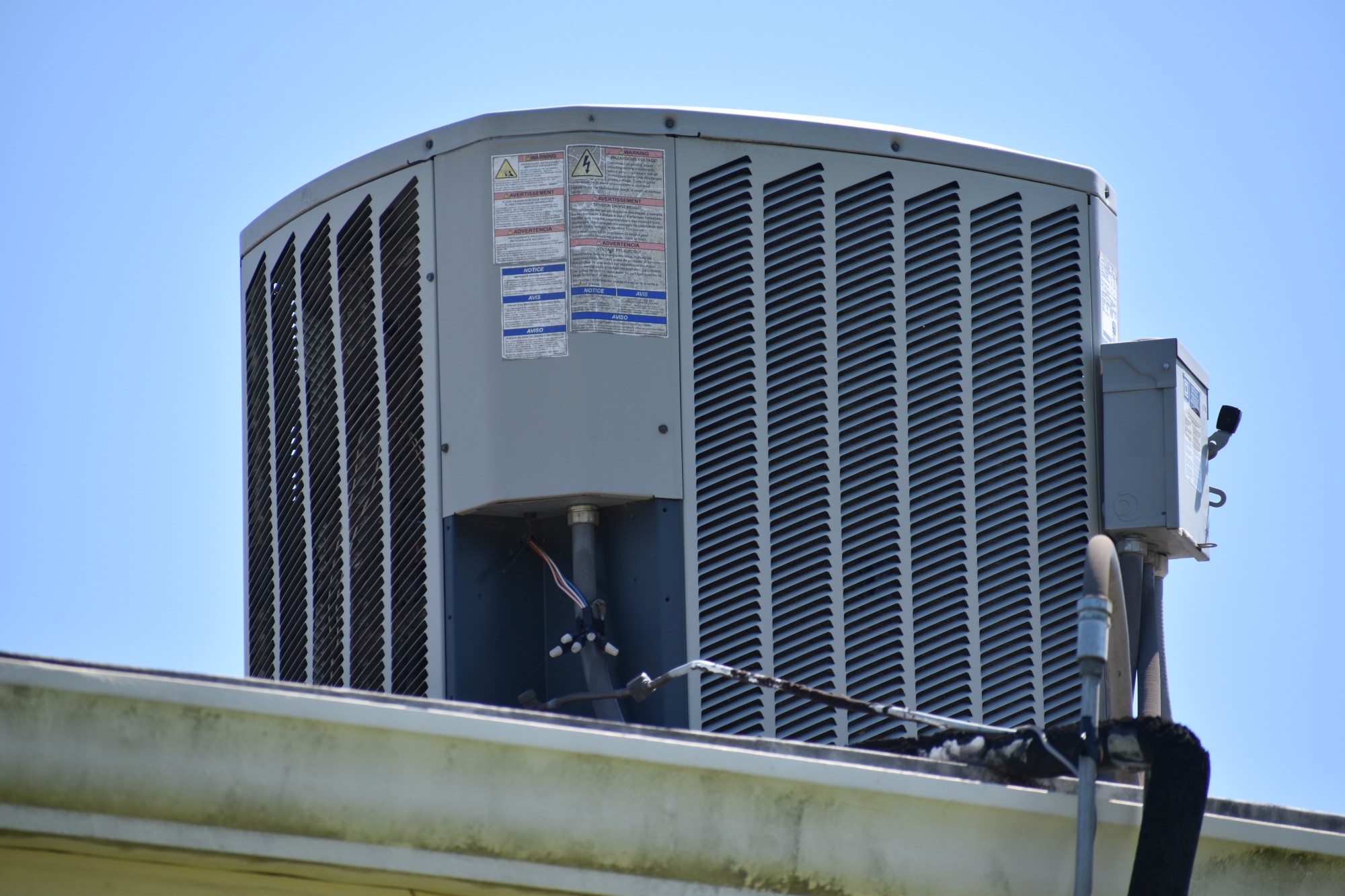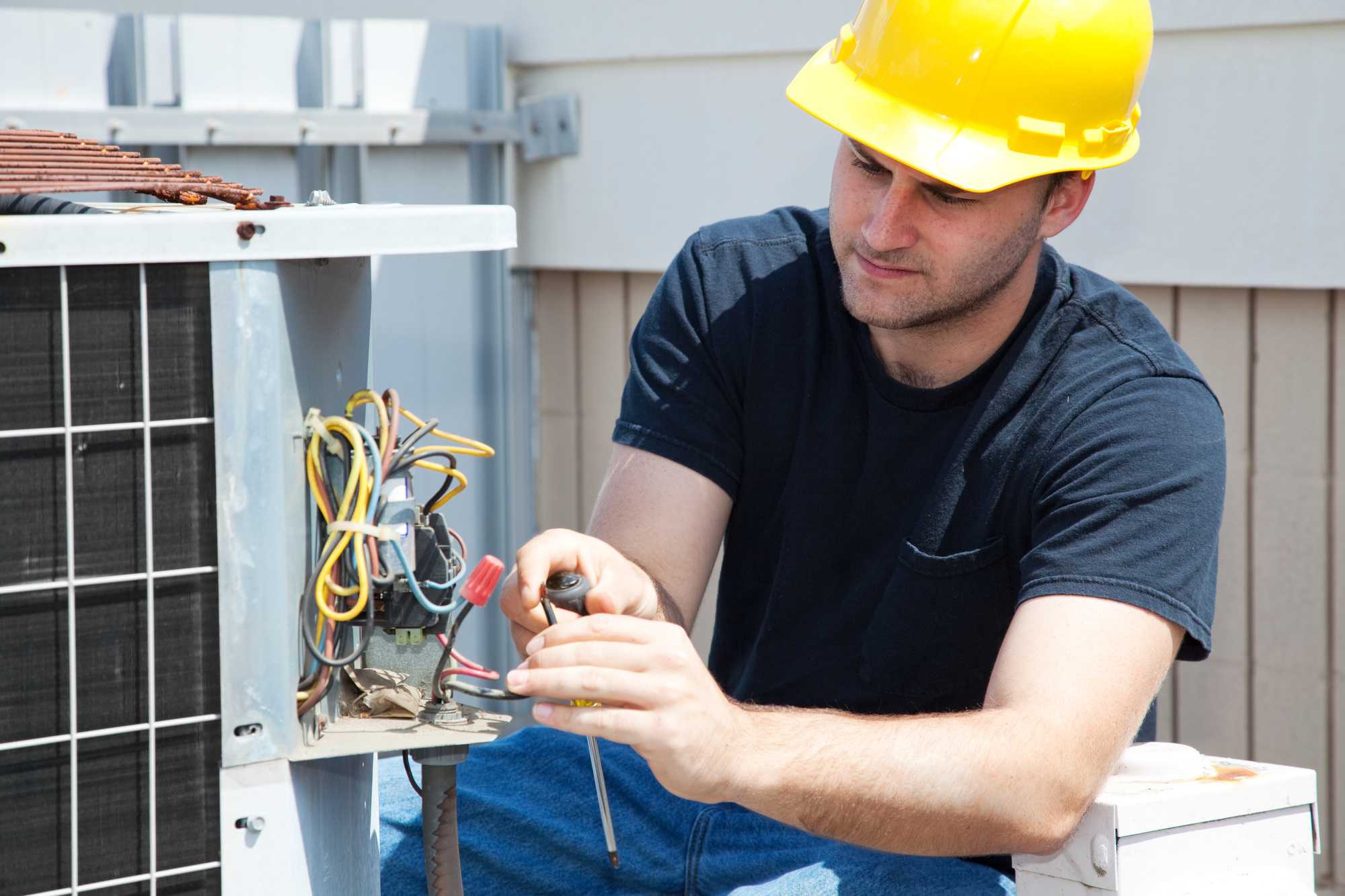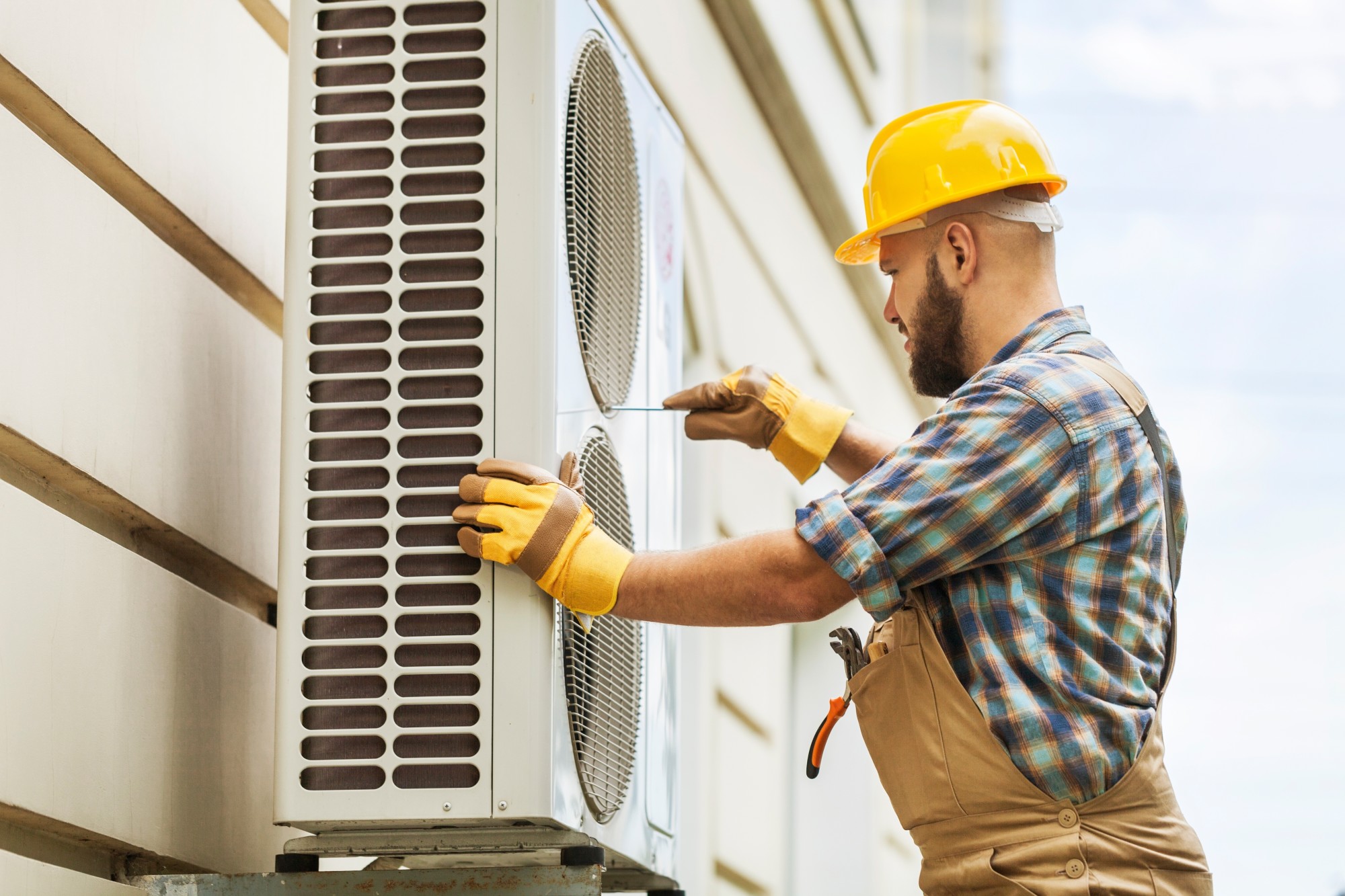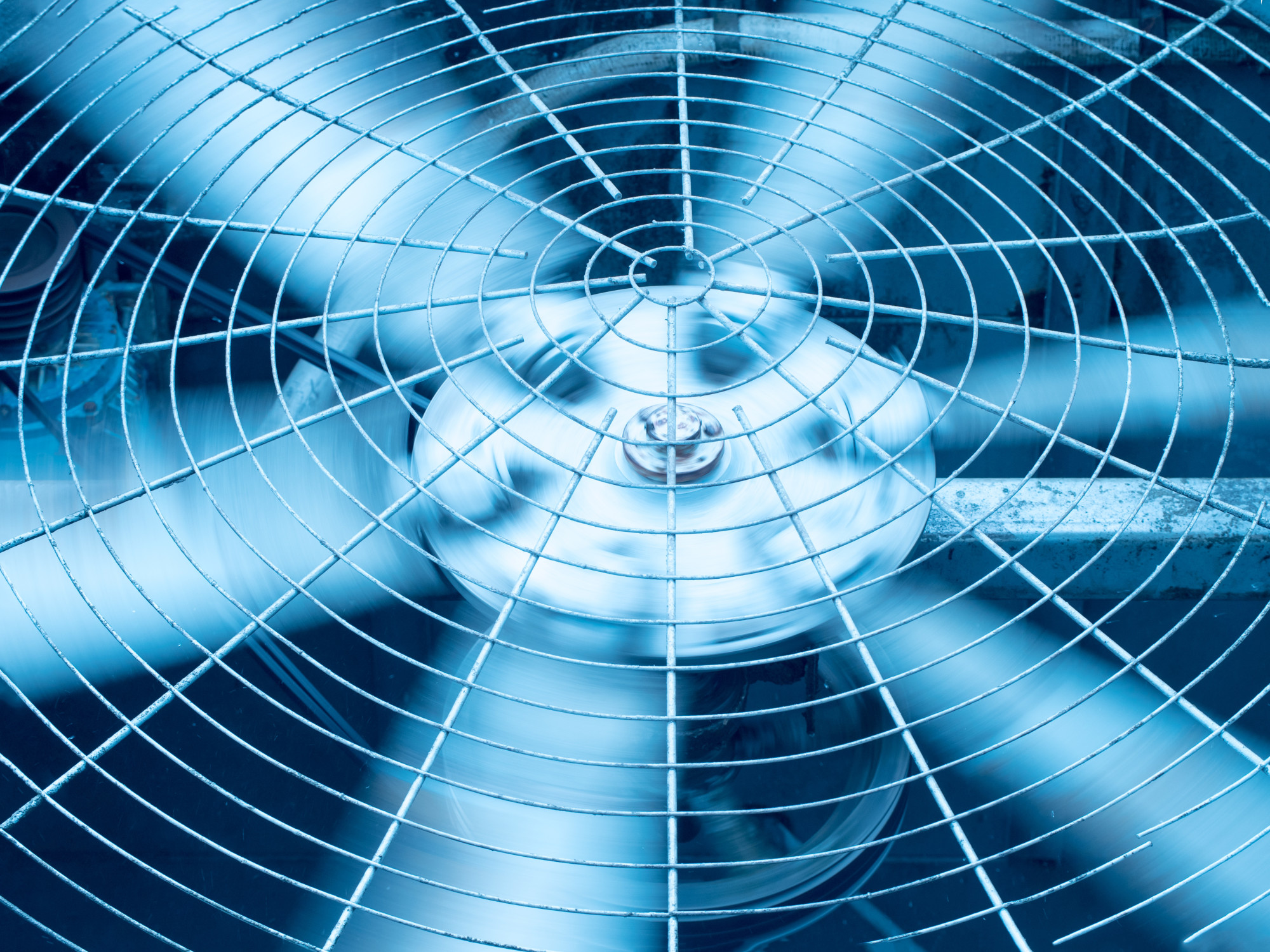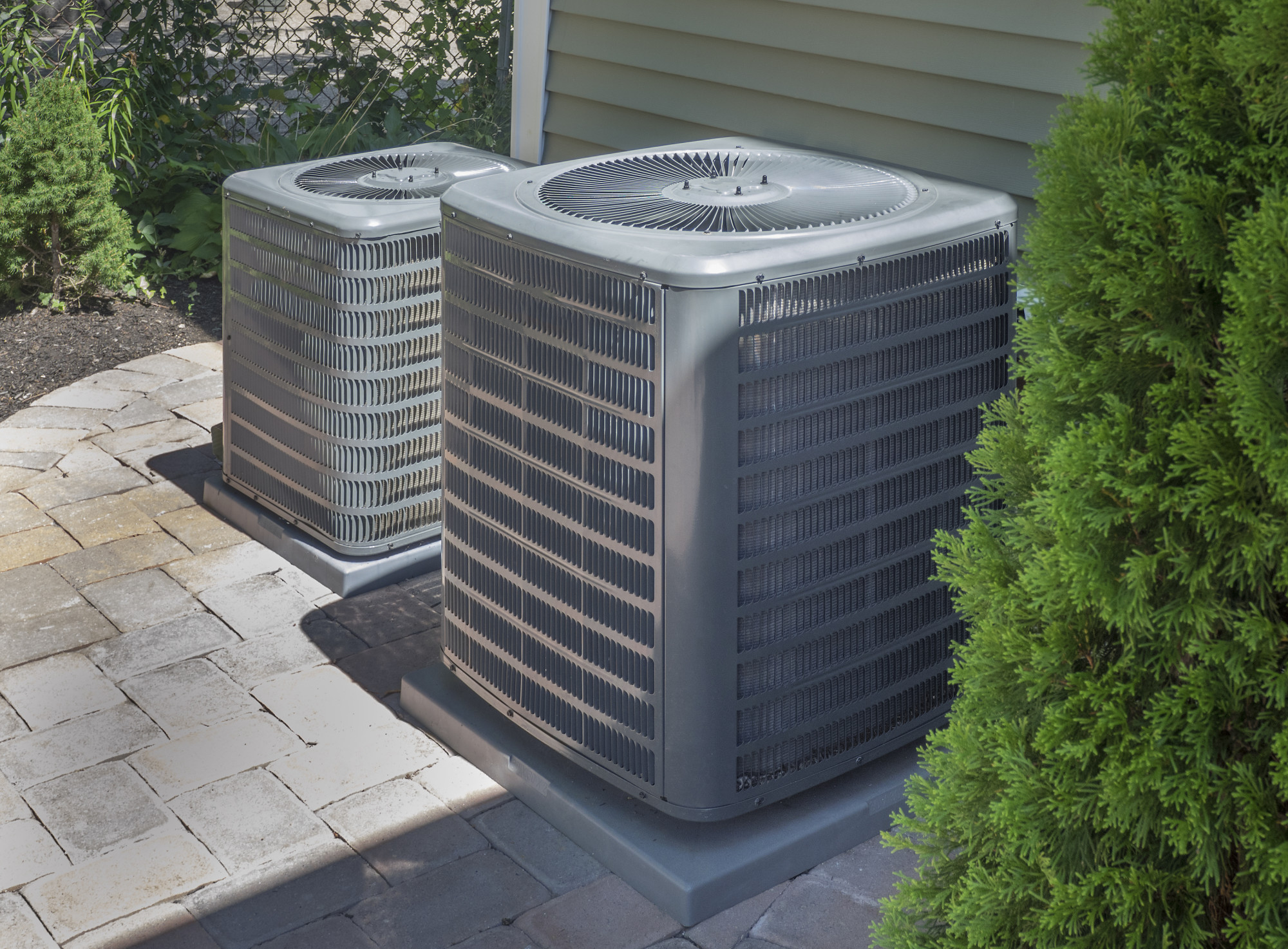What Are the Common Types of Furnaces for Homes?
If you need a furnace to keep your Naples, Florida, home a little warmer in the winter months, you need to know which types of furnaces make the most sense for you.
There are three different types of furnaces and four fuel sources you can use. Finding the right combo for your home can make all the difference.
To help make sure you pick the right kinds of furnaces, we've put together a handy guide. Read on to learn everything you need to know.
Single-Stage Furnaces
A single-stage furnace is either on or it is off. You have less control over these types of furnaces. This means you may have colder spots in your Naples, FL, home on cooler days.
Single-stage furnaces are the cheapest and easiest to install. Heating a home with one is easy but could end up more expensive over the long run.
Two-Stage Furnaces
If you want a little more control over the temperatures when heating a home, two-stage furnaces are types of furnaces to consider. The full speed and half speed settings you get with these furnace types let you heat your home more efficiently.
The two speed settings help keep your home at a more consistent temperature. You won't have the colder areas you might have with a single-stage furnace.
Modulating or Variable Furnaces
For warmer climates like that in Naples, FL, a variable or modulating furnace makes a lot of sense. These types of furnaces control the speed and heat of the furnace. They assess the exterior temperature and what you set the inside temperature to be.
By comparing the two temperatures, these kinds of furnaces keep your whole home right at the temperature you want. Variable furnaces are also more efficient and therefore cheaper to run.
Natural Gas Furnaces
Natural gas furnaces are the types of furnaces chosen by most people in the US. Newer gas furnaces are efficient, too. With the cost of natural gas being cheap, these furnace types make a lot of sense for a lot of people.
However, you do need a natural gas line into your home to make them work. If you live in a rural area you may not have easy access to natural gas. In Naples, though, you should have access to natural gas.
Oil Furnaces
In rural areas where you can't get natural gas, you might find an oil furnace to be the best way of heating a home. These types of furnaces use an oil tank filled with oil as the heat source.
Oil furnaces aren't as expensive as gas furnaces. However, oil prices are hard to predict. This means that they can end up more expensive in the long run.
Electric Furnaces
In cities and towns, as well as in the country, electric furnaces are another option to consider for heating a home. Electric furnaces are not as big as oil or gas furnaces.
These types of furnaces are not as efficient as natural gas furnaces. This means they can end up costing more money to run.
Propane Furnaces
If natural gas and oil are not available where you live and you don't want an electric furnace, you might need a propane furnace. These kinds of furnaces aren't as popular as the others. However, they can be a good option when other heat sources don't suit you.
Find Different Types of Furnaces in and around Naples, Florida
Consider all the types of furnaces when you are looking to add one to your Naples, Florida, home. Because the area is well served by all heat fuel options, you'll be able to choose the one you prefer.
Remember to ask which option will work best for your home and your needs. For more information about furnace types, give us a call today.
This Is How to Improve the Air Quality in Your Home
Did you know that air pollution kills around 7 million Americans every year? While the air outside may be out of your control, you can still do a lot toward improving air quality within your house.
The last thing you want to do is let your loved ones breathe air that can be hazardous to their health.
Are you wondering what you can do about it? Keep reading to learn all about how to improve the air quality in your home.
Switch Out Your Air Filters
When it comes to clean air for homes, one thing you shouldn't neglect is your air filters. Most air filters need to be changed every month.
It's worth investing in higher-quality filters. Not only do they do a better job at filtering, but they often last longer. Aside from the AC filter, you should also get in the habit of changing the filter in your bathroom fan, your stove fan, and even your vacuum.
Be In Control of Humidity
Florida can become quite humid in the summer. Humidity can encourage mold growth, which can then pollute the air inside your home. To get improved air quality, you should have a dehumidifier installed in your home's HVAC system.
However, if you're on a budget, you can purchase portable dehumidifiers. The problem with these devices is that they are often noisy and need to be changed much more regularly.
Get a Whole-House Air Purifier
To the best air quality, you'll need to hire a professional to install a whole-house air purifier.
Not only can a whole-house purifier get rid of bad odors, but it can also eliminate dander, dust, and pollen. That way, you can be more protected from airborne allergy attacks. As if that wasn't enough, a whole-house purifier can even kill viruses, mold, bacteria, and reduce chemical emissions.
Fix Air and Water Leaks
Are you still wondering how to get clean air? There are always more strategies you can use to get the cleanest air possible.
For instance, you should double-check to make sure your doors and windows are solid and air-tight. Leaks can not only increase your AC bill, but they can also allow the air pollutants from outside to get in.
Water leaks are another hazard that can affect your home's air quality. The reason for this is that leaks can lead to mold growth. It's best to get them fixed as soon as possible.
For Indoor Air Quality Services in Naples, FL Contact Romeo Air Conditioning, Inc.
Now that you've learned all about how to improve the air quality in your home, you can make sure that you and your loved ones can thrive on pristine air.
Romeo is proud to be the best provider of air conditioning services in the Southwest Florida area, including Naples, Fort Myers, Bonita Springs, Marco Island, and Estero. From AC repair to heating replacements and more, our certified professionals are here to help.
If you have any questions about our high-quality services, feel free to contact us.
5 Ways to Have a Warmer Home This Winter
2020's motto could be "expect the unexpected." Floridians already knew the year would be strange when we saw it snow in January. The day marked the first time since 1977 that ice pellets came down in South Florida.
With that in mind, we could have a colder-than-usual winter on the way. So, how can you have a warmer home without destroying your finances? We have a few awesome tips to help you achieve your goals.
Read on to learn five ways to bring on the heat without burning up your electric bill.
1. Let There Be Light!
As you well know as a resident of Naples, the sun puts off some serious heat. This fact remains true even during the winter. If you're wondering how to have a warm home, then you've got to let the light in!
During the winter, get as much natural lighting into your home as possible during the day. That means opening up the curtains and blinds. Be sure to close them again when the sun's not direct, though.
If executed the right way, you'll reduce the amount of energy needed to warm your home.
2. Invest in a Smart Thermostat
Did you know that Floridians experience the second highest utility costs in the nation? If you're tired of overpaying, then it might be time to invest in a smart thermostat. Old-fashioned tech could be costing you hundreds of dollars a year.
By upgrading, you can keep the same home temperature and save money at the same time.
3. Insulation Works Wonders
The best way to cut winter costs is to save money on energy bills. One way to do that is to install and maintain your home's insulation. Due to the weather in Florida, not too many homeowners know the true power of insulation.
4. Home Cook More Meals
Are you wondering how to warm up the house while multi-tasking? If so, then this tip is for you! Home cooking is a great way to add some extra heat into your home.
With the holidays approaching, it's a great time to start baking some treats and goodies!
5. Perform Regular Maintenance
Think your heater can operate without regular maintenance? Think again! The best way to save money this season is to prepare in advance. Schedule a maintenance check to ensure everything is running as smooth as possible.
Get a Warmer Home Without Destroying Your Finances
Do you and your family often bulk up on blankets during the winter? Do you do everything you can to avoid a hefty surprise winter heating bill? If so, then these five tips are for you! Start using the above tips to experience a warmer home without breaking your budget.
Are you currently wondering whether your heating unit needs some TLC? Here at Romero Air Conditioning, we value your long-term business. That means we'll work extra hard to ensure your units are up-to-par.
Reach out to your favorite AC company in Naples now by using our online form.
5 Reasons to Hire Florida HVAC Contractors for Service and Repair
During the brutal heat of Florida summer and the cooler days during winter months, your HVAC system works in the background to keep your home comfortable.
But did you know the average lifespan of an HVAC system is 10-15 years? Whether you are looking for system repairs or your current system is showing some age, finding Florida HVAC contractors who can keep it running is essential.
An experienced HVAC contractor isn't just necessary for emergencies. Preventive HVAC services can help you avoid more costly HVAC repair down the road. And if you need to upgrade or install a new system, you'll need a professional contractor to assist.
Here are five reasons to hire an HVAC contractor for service and repair.
1. The House Is Too Hot or Too Cold
If your HVAC system is working, but your home isn't cool enough, there could be an issue that needs repair. Sometimes the problem is as simple as blockages in the ductwork. But it could be something more serious like a faulty compressor.
This is not a situation for the DIY'er in your family. Call in a professional technician to take a look.
2. You Need Fast, Reliable Service
If your HVAC system stops working, the last thing you want to do is wait. A professional HVAC company has the right training and tools to provide high-quality work efficiently. In most cases, a technician can diagnose your problem and make repairs the same day.
3. Florida HVAC Contractors Are Highly Trained
HVAC contractors like the pros at Romeo Air Conditioning are licensed professionals. They undergo extensive training and certification to provide the best quality service. Unlike some general repair or "handyman" types, HVAC technicians are specialized in their education to handle all aspects of cooling and heating system repairs.
4. More Than Just Repair
If you need to upgrade your HVAC system or install a new unit, you want a certified and licensed contractor. Setting up a new heating or cooling system for your home is a major project. It involves installing ductwork, working with electrical systems, and balancing the airflow in your home.
5. Avoid Costly Mistakes
Hiring a non-certified technician or trying to make repairs yourself can end poorly. A small mistake can cause big problems. Avoid high energy bills or additional and costly service calls by getting the work done right the first time.
Don't Wait For an Emergency
If your heating and cooling system are already showing signs of distress, it's time to call Florida HVAC contractors to take a look. Waiting can cause more serious issues and result in more expensive repairs.
But don't wait for a problem to occur. Contact Romeo Air Conditioning to inspect your HVAC system and provide a year-round service plan to keep it running efficiently. Romeo is a family-owned company with emergency service available 24 hours a day.
With certified technicians who have an average of 25 years experience and affordable rates in the Florida service area, Romeo Air Conditioning is the complete solution for your heating and cooling needs.
Troubleshooting Your Heating System: How to Diagnose the Issue
Is your furnace blowing cold air? Are you freezing inside when your house is supposed to be warm and snug? If so, it's time to check your furnace.
Read on to learn tips and tricks for troubleshooting your furnace
Check the Thermostat
Your thermostat runs the entire heating system. If the thermostat goes down, the whole heating system will stop. So you should check the thermostat as your first step.
Does the thermostat display work? When you operate the controls, does anything change? If not, try replacing the thermostat batteries.
Next, check the room temperature. If the temperature near the thermostat matches the thermostat setting, the thermostat will not turn in. In that case, set the thermostat a few degrees higher than the room temperature and see if the furnace starts working.
Check the Filter
If you're not getting much air blowing through the vents, the problem may be a dirty filter. Dirt clogs up the filter, reducing the amount of air a furnace can take in. This in turn limits how much air the furnace can blow through the house.
Letting your filter get dirty also causes the furnace to work harder, which can eventually damage the furnace's moving parts. Replace your filters on a regular schedule according to the manufacturer's instructions. (This also applies to air conditioners, so check your filter first when you have HVAC problems.)
Check the Fan
If the furnace is burning but no heat comes out, you may have a problem with the fan. Without the fan, the furnace can't blow warm air through the vents.
Your thermostat may have two settings for the fan: "on" and "auto." To test whether the fan works, set the thermostat to "on" to get the fan blowing continuously. If the fan still doesn't work, you have a problem with the fan.
Make sure any furnace access doors are closed. Many furnaces automatically shut off for safety reasons if the door accessing a motor or a fan is left open.
Listen to the Unit
If you still can't figure out what's going on, take a few minutes to listen to the furnace. Do you hear rattling, grinding, or squealing? If so, something mechanical has come loose. If you don't have a background in furnace repair, call a furnace specialist to check this out.
Check the Power
Does the furnace have power? Check the switches to make sure the furnace hasn't somehow been turned off.
If the furnace is switched on, but there's still no power, you'll need to check your circuit breakers to see if a circuit has been tripped or a fuse has blown. Replace any broken fuses or reset the breakers to get the system working again.
Start Troubleshooting
If you can't solve your problem with these troubleshooting steps, it may be time to check with a professional HVAC technician. Contact Romeo Air Conditioning to have your furnace inspected or repaired, and we'll get your heat working again!
AC Troubleshooting: Common AC Repairs (And How to Fix Them)
Did you know the average homeowner spends between $165 to $507 for a common AC repair?
Did you also know you could probably AC troubleshoot for much less?
Don't worry, we've got you covered with three common issues you could be having with your AC and how you can fix it.
Dirty Filters
You've heard of AC filters, right? Well, dirty filters are one of the most common reasons your air conditioner isn't working correctly.
When your filter is dirty, the flow of air is reduced and can potentially cause your air conditioner to freeze.
If it's a filter issue, then it's probably a clogged or dirty filter. The manufacturers suggest how often you should be changing your air filter. It could be monthly, every couple of months, or you could have a reusable filter and should be cleaning it once it gets dirty.
Have you ever noticed light peaking through a piece of fabric? Well, this is precisely how you can tell if your AC filter is dirty and needs cleaning or to be replaced. If the light is not passing through, it's time to clean or replace, and that should solve your problem.
If the light passes through your filter when you hold up, then that's not your problem, and you should start looking for another potential culprit.
Unit Freeze Up
Since dirty filters are among the most common problems, they also cause issues for other parts of your air conditioner.
When you have dirty filters, they can cause dirty coils from improper filtering or even allow for ice to form on the coils, which freezes up your unit. Ice forms because of weak airflow in your system.
Suppose the filter is clean and not causing the unit issue, then you should check your refrigerant. The refrigerant could be low and cause a refrigerant charge.
You or a technician will have to thaw the frozen coils to resume proper air conditioner functions.
Drainage Issues
In Florida, drain lines are a significant issue when they get clogged and overflow.
When air conditioners cool, it results in condensation that flows away. However, when there's a clog in the unit, the condensation could build up and overflow. Since we're in Florida and humidity is high, this is a common issue for moisture back up.
Humidity in your system will cause dampness inside and affect the performance of your air conditioner and or other parts in the system.
You'll have to have a technician check all the lines to clear clogs and treat other potential issues that could cause future clogs or leaks.
So What Do You Think Of AC Troubleshooting?
Air conditions come with an array of potential issues like many other appliances and machines. Hopefully, we have given you three examples of simple problems that could help keep your air conditioner at peak performance.
Knowing the most common ac repairs could cut down on service costs from technicians, or provide the knowledge for you to repair it yourself.
Next time you're considering AC troubleshooting check out Romeo Air Conditioning as a skilled and honest resource for all your air conditioning needs.
4 Things to Consider When Buying a New AC Unit
Maybe you're installing air conditioning for the first time? Perhaps you're looking to replace your existing Naples air conditioning system? Whatever the case may be, you're in the midst of perusing new AC units.
However, before you make a purchase, you want to be sure that you're making the right decision. That's why you're here. You're looking for buying tips.
Fortunately, we can provide them to you. Without further ado, here are 6 things to consider when buying a new air conditioning unit.
1. Unit Size
The most important thing to consider when choosing a new AC is unit size. Not all AC units are designed to work in tandem with all homes. The home's square footage (as well as a few less-important factors) dictate which size unit is sufficient.
A unit that is too small will struggle to cool your home as needed while also incurring substantial amounts of undue wear and tear. A unit that is too large will short cycle, leading to efficiency and lifespan issues.
Your best bet is to utilize the services of a professional HVAC company. They'll assess your home and help you choose an AC unit that perfectly accommodates it.
2. Efficiency
Another thing to consider is efficiency. In terms of energy usage, not all AC units are created equal. Your goal should be to buy the most efficient model you can reasonably afford.
The most important thing is to look for the Energy Star logo. Units containing the Energy Star logo have been rated by the US government as having top-level efficiency. They're essentially a sure bet.
You'll also want to look out for the unit's SEER rating or Seasonal Energy Efficiency Ratio. A ratio between 14 and 22 is deemed to be suitably efficient, with a higher number indicating greater efficiency. At a minimum, your unit should have a ratio of 13.
3. Type of Unit
There are several different types of AC units on the market, each of which has its own benefits and drawbacks. Your goal is to choose the type that best suits your needs.
For instance, central ACs are great whole-home solutions while ductless mini-split systems are terrific for accommodating single rooms. If you only need cooling on occasion (unlikely down here in Florida), a window AC will suffice.
4. Your Budget
The last thing you need to consider is your budget. You don't want to overspend and put yourself in a financial hole. Though you might not be able to afford the most expensive unit on the market, there are bound to be a number of high-quality units that you can afford.
Also, keep an eye open for financing options. Some HVAC companies will allow you to purchase your AC unit with monthly payments, sometimes without interest. If you lack the necessary budget currently, this might be a suitable option for you.
Need Help Finding a New AC in Naples, Florida?
Do you need help finding a new AC? If so, you're in the right place. We can help you find an appropriate model for your home.
We're Romeo Air Conditioning and we're the premier air conditioning company in Naples, Florida. Regardless of your air conditioning needs, we can accommodate you.
Contact us now to get the ball rolling!
5 Ways Summer Humidity Affects Your Indoor Air Quality
Summer in Naples means sunshine, hot weather, and yes, humidity. It's not unusual for the relative humidity to reach 89 or 90 percent. It's manageable when you can cool off indoors, but when the humidity penetrates your home, it can be miserable.
Summer humidity is more than uncomfortable. It can affect both indoor air quality and your health. We'll take a closer look at the connection between high humidity and indoor air quality and give you five tips for managing both.
1. What Is Humidity?
OK. We know you know humidity causes that sticky, hot weather in the summer, especially here in Florida. The technical explanation is that humidity is vaporized water in the air. The more water that's absorbed into the air, the higher the humidity level.
Fun fact: The American Society of Heating, Refrigerating, and Air Conditioning Engineers (ASHRAE) recommends you keep the humidity level in your home less than 65 percent. It's more comfortable, and it maintains a higher level of air quality.
2. How Does Summer Humidity Affect Indoor Air Quality?
The biggest issue caused by high humidity indoors is mold. Mold is actually a fungus, and it loves warm, damp air.
When the relative humidity gets above 60 percent, mold and mildew can begin to grow. The fungus can grow on a number of different surfaces including wood, drywall, and carpet. Incredibly, mold can eat away those surfaces and cause structural damage to a building.
The bigger issue for most people is the health issues mold can cause. You don't have to be allergic to mold and mildew to have trouble. Some of the most common symptoms of exposure to mold are:
- Respiratory problems
- Nasal congestion
- Burning, watery eyes
- Dry cough
- Sore throat
- Skin irritation
The simplest way to tell if your physical symptoms are caused by something inside is to leave for a period of time. If you feel better after leaving your home, that's a pretty good indication the problem is inside.
3. How Can I Tell If the Humidity Is Too High?
There are a couple of ways. One, you can buy a device called a hygrometer. It measures humidity levels indoors. You can find them in most home improvement stores or online.
The second way is cheaper but not as accurate. Fill up a glass with ice cubes and leave it on a counter in your home. Don't use a bathroom counter for this, because humidity levels in bathrooms tend to run higher.
Check on your glass after about five minutes. If you see a lot of condensation on the outside of the glass, the humidity level in your home is high.
4. What Can I Do About It?
As we said a minute ago, humidity tends to run high in bathrooms (and kitchens). If you have an exhaust fan in the bathroom, switch it on when you take a shower or bath. That will help remove moisture from the air. If you don't have exhaust fans, consider having them installed.
You might also purchase a dehumidifier for a room or for the whole house.
5. Is My Air-Conditioner to Blame?
Possibly. You should make sure your HVAC system is functioning well. (HVAC stands for Heating, Ventilation, and Cooling). Schedule an appointment with your service provider to have the unit inspected.
If you've had a problem with the humidity in your home, you might consider having the ductwork cleaned. At a minimum, change the filters regularly to maintain good airflow.
You Can Save Money Too!
There is a financial benefit to maintaining your HVAC and keeping those summer humidity levels low. If your unit isn't running well, it's not as energy efficient. That means it uses more energy to run. That costs you money.
Contact us with any questions you have about your indoor air quality. We're happy to schedule an appointment.
5 Top Air Conditioner Protection Tips for Hurricane Season
Hurricanes aren't like other storms. If you don't take the right precautions, they can cause a lot of damage to your property.
But one of the home features that get overlooked during hurricane prep is outdoor air conditioners. Getting your air conditioner ready for the strong winds and heavy rain, however, doesn't take a lot of work.
If there's a hurricane on the forecast, make sure you follow these air conditioner protection tips to ensure your unit stays safe during the storm.
1. Lift Your Unit off the Ground
Hurricanes bring a lot of water with them, and if your yard isn't used to that much water, it can pool up around your air conditioner unit and cause damages. This is especially true if you live in a moderate or high-risk flood zone.
Raising your unit off the ground can help protect it from this water. But this might not be something you should try to do on your own. If you don't have the right tools and the right amount of help, you may end up hurting yourself.
Get in touch with a professional HVAC expert to take care of it for you.
2. Secure or Remove Loose Items
If you have any loose items around your air conditioner, either secure them or remove them. This might include things like outdoor furniture, tools, children's toys, etc. Otherwise, the strong hurricane winds might slam these items against your unit, which can lead to costly repairs.
3. Cover Your Unit
Even if there aren't any loose items around your unit, a hurricane can still blow other debris, such as rocks, dirt, sticks, etc., into your air conditioner. These things can be a pain to remove, and they may even cause some damage inside the system.
Because of this, it's a good idea to cover your outdoor air conditioning unit with a tarp (or a similar item) during the storm. If you choose to do this, remember to keep your unit turned off until you uncover it again!
4. Keep It Turned Off
Don't turn your air conditioner on during a hurricane.
If there is lightning during the storm, it can cause power surges that'll do a lot of harm to your system. And if debris gets into your unit while it's running, the motor can burn out.
5. Schedule a "Well-Baby Checkup"
Once the storm passes, it's a good idea to have a professional come out and examine your system. If they find any debris stuck inside, they can remove them before they cause damage or take care of any repairs.
Don't put off this examination for too long. The longer you wait, the worse any problems will get, meaning you have to spend more money on repairs.
These Air Conditioner Protection Tips Will Keep Your Unit Safe
If there's a hurricane heading your way, make sure you follow these air conditioner protection tips. You can also talk to a professional HVAC technician if you have any questions or need some advice.
Not sure who to talk to?
We can help! Don't hesitate to reach out to us today!

